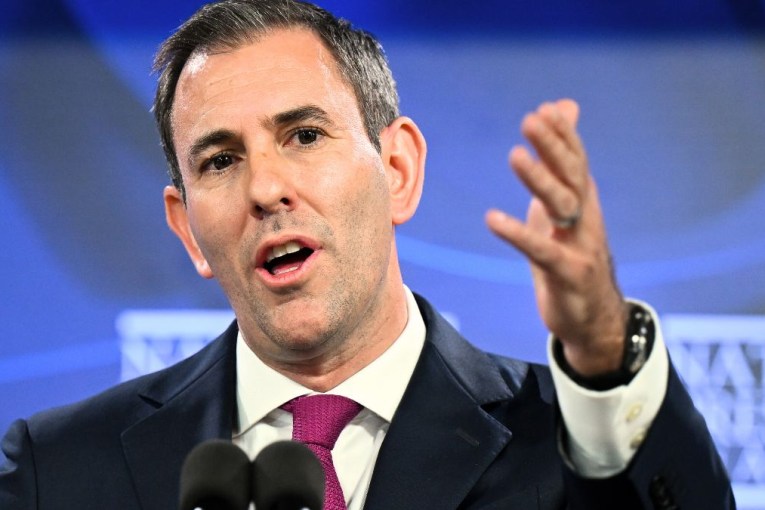Super funds call for parental leave and tax offset reforms to help women retire with $40,000 more


Reforms would help close the gender super gap, the SMC says. Photo: Getty
Super funds are renewing calls for the federal government to introduce retirement payments on paid parental leave and increase super tax offsets for low-income workers before the budget.
Modelling published by the Super Members Council found lower-paid women could be up to $40,000 better off if the Albanese government reformed parental leave and increased the income threshold allowing workers to receive full tax refunds on their super contributions.
SMC interim chair Nicola Roxon said existing tax concessions were poorly targeted, with a lack of super on paid parental leave holding back women and their participation in the workforce.
“Paying super on parental leave and better aligning tax offsets for lower-paid workers can be enacted almost immediately and will make a meaningful difference to women at retirement,” Roxon said.
“We need to ensure super tax concessions are directed to those who need it the most.”
Women retire with substantially less in their nest eggs than men on average due to lower workforce participation and many poorly paid roles in industries employing more women.
KPMG modelling shows the gender super gap ranges from 22 to 35 per cent, with the median balance for men at retirement being $204,000, while the median is just $146,000 for women.
The SMC report argued that bridging the gap will require “considered, society-wide change over time” but that the federal government could take action at the upcoming budget to make a start.
Paying super on paid parental leave would make a mother of two between $12,500 and $14,500 better off at retirement, according to the modelling.
Meanwhile, increasing the low-income superannuation tax offset (LISTO) to cover workers earning up to $45,000 would benefit 1.2 million Australians, the majority of whom are women.
Together, both changes could make women $38,000 better off at retirement, an increase of between 18 and 21 per cent on current projections.
The Albanese government has made several changes to the super regime since coming into office in 2021, including tightening tax breaks for higher-income earners and legislating new requirements requiring employers to pay super at the same time as wages.
But SMC, the new body that combined Industry Super Australia and the Australian Institute of Superannuation Trustees, says in its pre-budget submission that the reform should continue.
It wants the government to introduce unpaid super compliance targets for the Australian Taxation Office (ATO), and laws that require bosses to pay super to all workers under the age of 18.
That would be a change from the current rules where workers under 18 only receive super if they work more than 30 hours a week, with the potential benefit being $2600 for the average worker.
“This measure would be a natural extension of steps already taken to make the super system more inclusive,” SMC said in its submission.
“While older workers no longer need to earn $450 a month to be entitled to super, under-18s continue to miss out.”
SMC has also called for changes to data sharing rules that would improve access to de-identified tax data, something the organisation believes would help tailor advice to members.
Those suggestions would build on reforms unveiled by Assistant Treasurer Stephen Jones last year which enable super funds to develop financial advice for members as part of an overhaul of the financial advice industry.
The New Daily is owned by Industry Super Holdings








